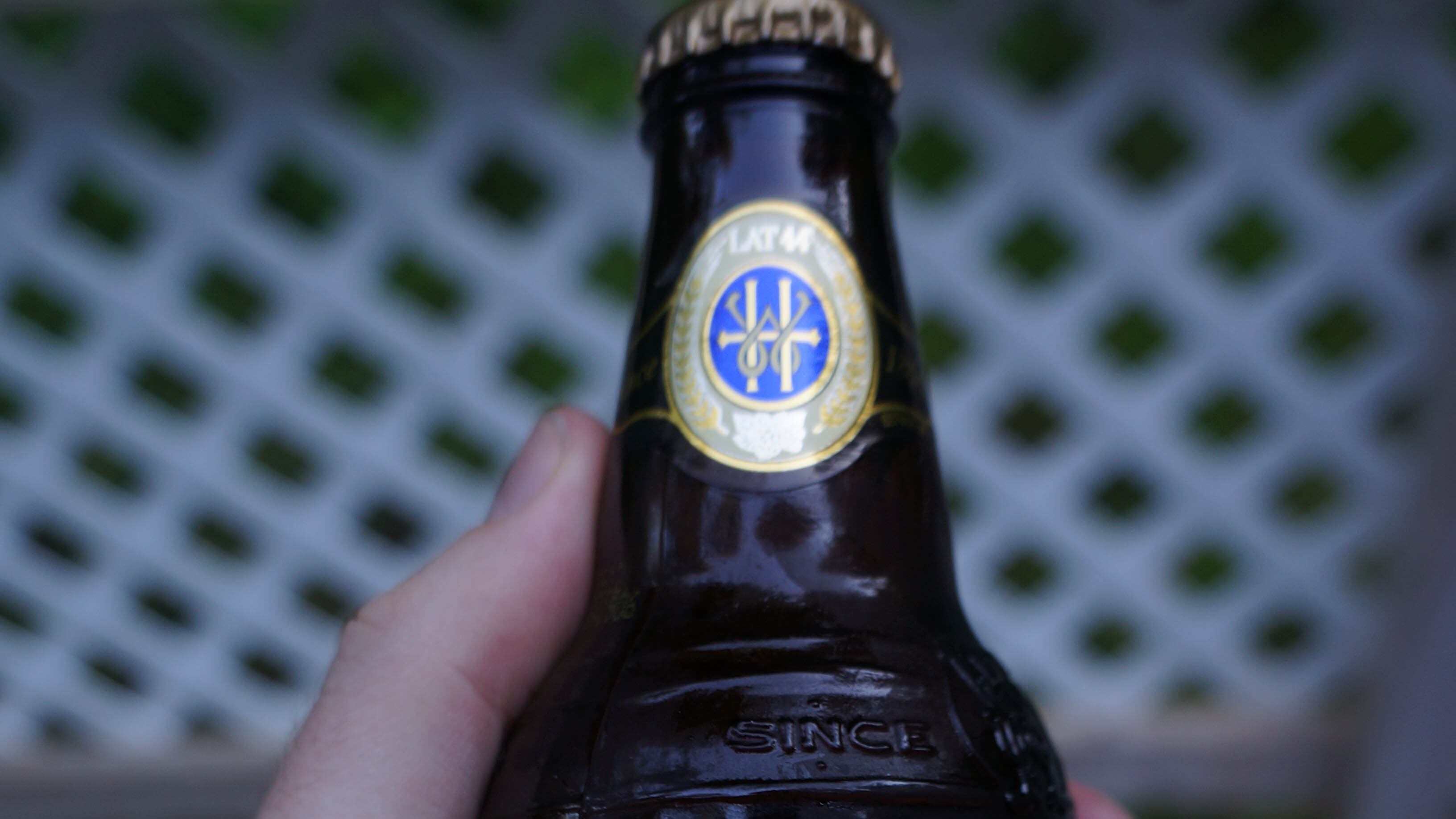The name that first made Portland a beer mecca, over a century ago, is officially being retired.
On July 29, Molson Coors announced that it would be scrapping Henry Weinhard’s, which it began distributing nationally nine years ago, along with 10 other of its less popular brands.
Investors first learned of the news during a second-quarter earnings conference call, which is now available for the public to listen to online. CEO Gavin Hattersley explained that eliminating those beverages lets the company focus on its core offerings as well as pump more resources into a variety of growing seltzer lines.
“In recent months in the U.S., we’ve paused production of a number of smaller, low-margin, slow-moving economy brands,” Hattersley stated on the call. “This allowed us to improve our brewing efficiency and stabilize the inventories of our core brands, and it also premium-ized our portfolios and improved our margins.”
Hatterley went on to say that local sales teams would partner with distributors and retailers to try to identify which surviving brands in the portfolio might be best to swap in as alternatives for those getting the ax.
Of all the economy labels that that Molson Coors is eliminating—including dorm party staples like Keystone Ice, Milwaukee’s Best Premium and Old English HG 800—Weinhard’s is the only name on that list that might garner any sort of respect from your typical beer nerd.
Before names like Widmer, BridgePort and McMenamins helped launch the modern-day craft beer revolution in the 1980s, it was Henry Weinhard who built what would become a locally based brewing empire.
Though he didn’t open Portland’s first commercial brewery—by most historians’ accounts, that honor goes to another German immigrant, Henry Saxer, who launched Liberty Brewery in 1852—Weinhard did secure the first liquor license in the city. That came after Saxer sold Weinhard his operation a decade later in order to return to his home country.
The renamed City Brewery moved from what is now Old Town-Chinatown to its better-known home along West Burnside Street near Northwest 12th Avenue, which would eventually be dubbed the “Brewery Blocks.”
There, the business operated for over 100 years, outlasting its founder, who died in 1904, and even Prohibition, which forced Weinhard to begin selling everything from near beer to soft drinks to soda fountain supplies in order to survive those dry years.
In 1928, the company merged with Portland Brewing and gained a hyphenate brand name: Blitz-Weinhard. Henry Weinhard’s family remained involved with the business up until 1999, when Miller Brewing Company purchased it and shuttered the Portland facility.
Even though Weinhard’s was no longer locally produced, the brand did get national distribution starting in 2012, four years after Milwaukee-based Miller Brewing merged with Colorado’s Coors. At the time, the conglomerate saw the move as a way to get a foothold in the exploding craft beer market. The three Weinhard’s beers it began selling on a wider scale were seen as easy on the palates of its consumer base, which were used to light lagers that didn’t necessarily offer much in the way of flavor.
What remains of Henry Weinhard’s will now exist in the memories of Portlanders who grew up with the brand, as well as the infrastructure still standing as testament to the booming business that once was. For instance, the handsome brick buildings in the Pearl once neighbored a rollicking Henry’s Tavern.
That two-story restaurant closed in 2019, a few months after the Seattle-based parent company, Restaurants Unlimited, filed for bankruptcy. It remains empty to this day, but there’s always the possibility that someone will revive the space as a tribute to one of the founders of Portland’s beer industry.

